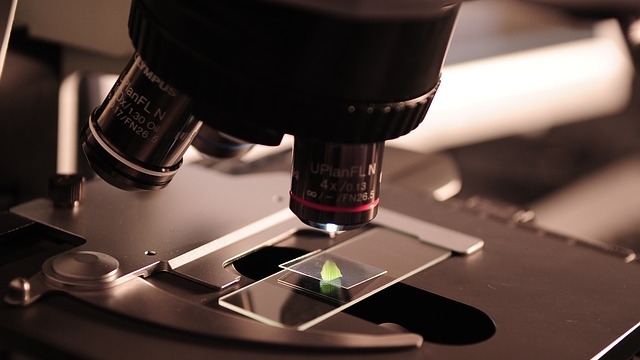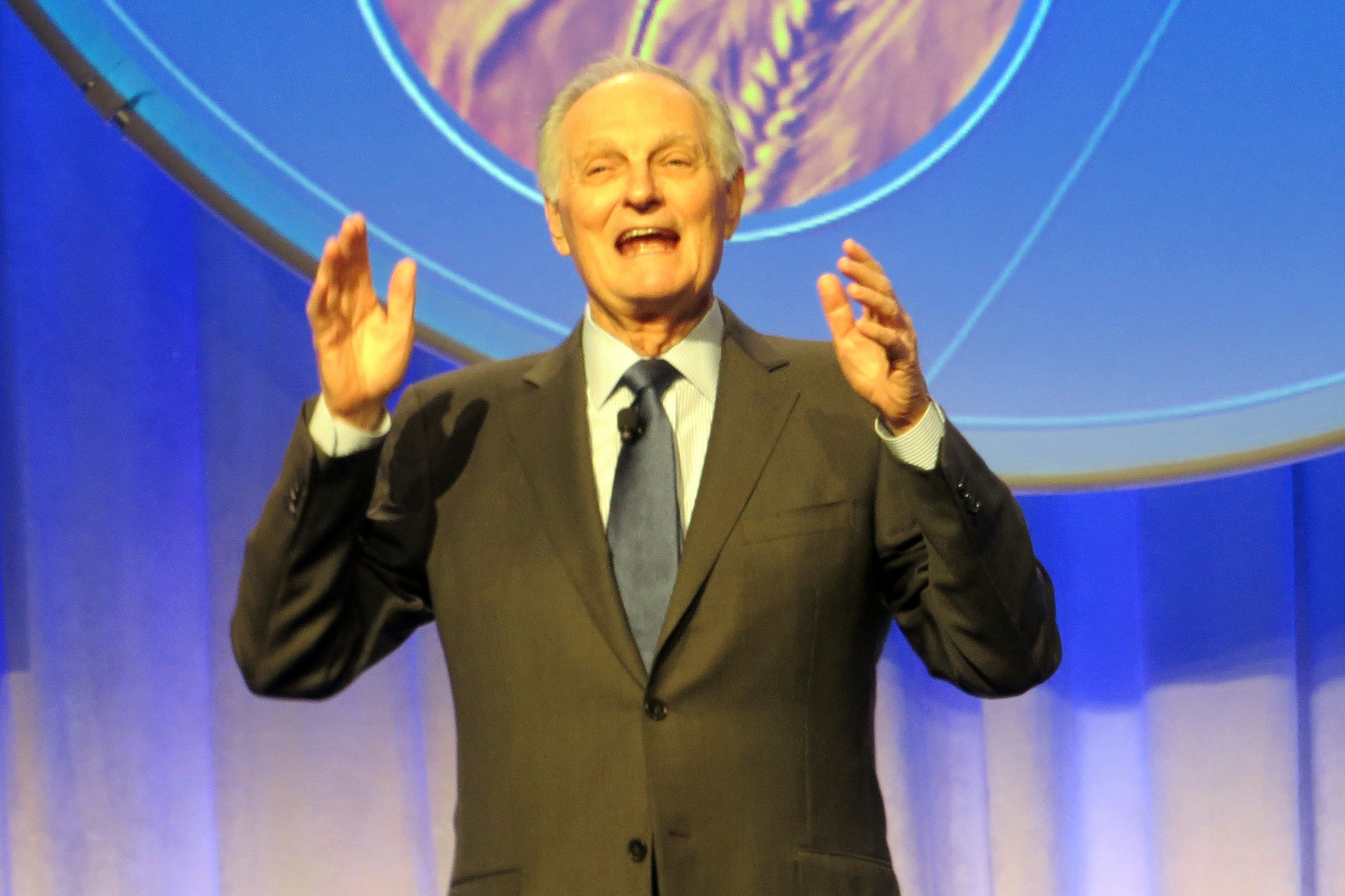
What factors underpin the erosion of trust in science?
Originally posted on The Horizons Tracker.
During the Brexit campaign, there was a well publicized campaign against ‘experts’, whom politicians bemoaned had been wrong in the past and could therefore not be trusted in their proclamations about the likely implications of leaving the European Union.
A recent study1 from the University of Nebraska-Lincoln explores whether this has been the primary source of the erosion of trust in science, or whether other factors are also at play. The study focused specifically on how our religious and political beliefs influenced our faith in science.
The gist was that whilst our religious and political affiliations had little impact on our levels of scientific curiosity, they did appear to correlate to differences in our level of scientific knowledge.
Faith in science
The researchers pulled data from a number of editions of the Nebraska Annual Social Indicators Survey, which in addition to exploring how people felt about scientific topics such as evolution, vaccines and microbes, also delved into their level of scientific identity and curiosity.
“In line with past studies, we found certain science knowledge questions have strong religious associations,” the authors say. “People of conservative Protestant faiths tend to answer questions such as humans and apes share a common ancestor or death is a part of the biology of life with less accuracy than people who identify as mainline Protestant, Catholic or other religious faiths or no religion.”
There seemed to be specific divisions on certain topics. For instance, liberals were found to be around four times as likely to know how vaccinations work than conservatives were. Interestingly however, conservatives were more likely to know that disease can result from the interactions between our genes and the environment.
It’s an outcome that the authors believe highlights how science has become both politicized and polarized in recent years.
“Scientists hope that science is apolitical,” they say. “But we take in and code information based on our perspectives – including political ideology and religious beliefs.”
This is a concern, as a high level of scientific literacy is hugely important in a wide range of ways. The researchers hope that by shedding light on the predispositions that can blind us to scientific facts, it will help scientists better communicate their work to various audiences.
“People do have these filters and if we want to share evidence-based information, we need to pay attention to those filters, often based in religion and politics,” the authors conclude.
Article source: What Factors Underpin The Erosion Of Trust In Science?
Header image source: felixioncool on Pixabay, Public Domain.
Reference:
- Jochman, J. C., Swendener, A., McQuillan, J., & Novack, L. (2018). Are Biological Science Knowledge, Interests, and Science Identity Framed by Religious and Political Perspectives in the United States?. The Sociological Quarterly, 59(4), 584-602. ↩





